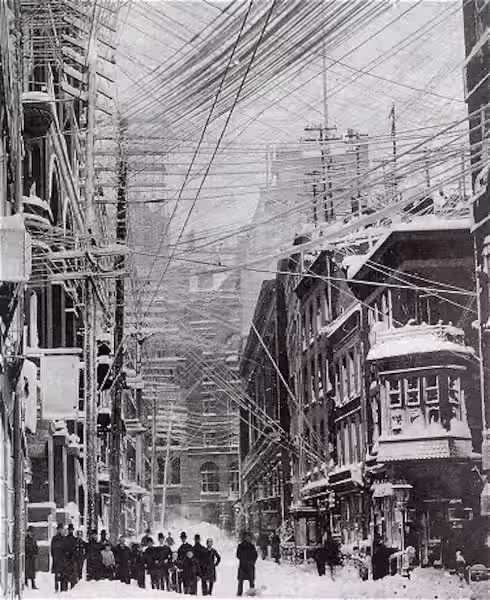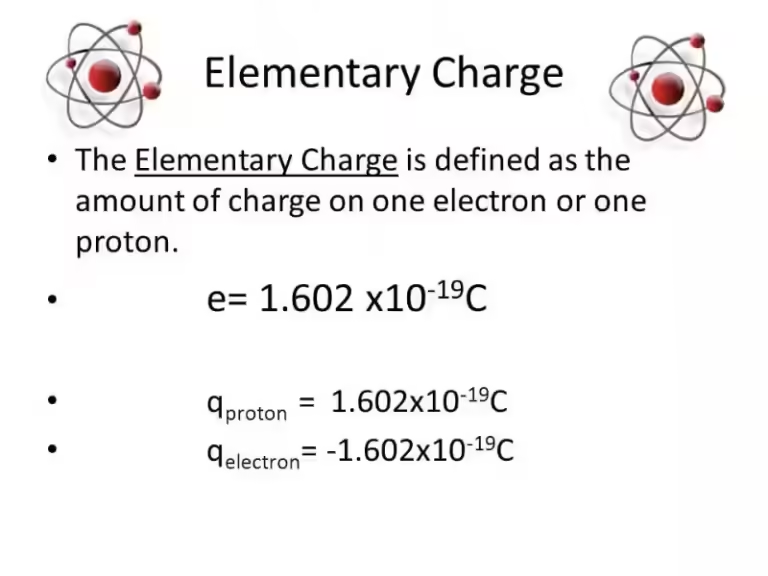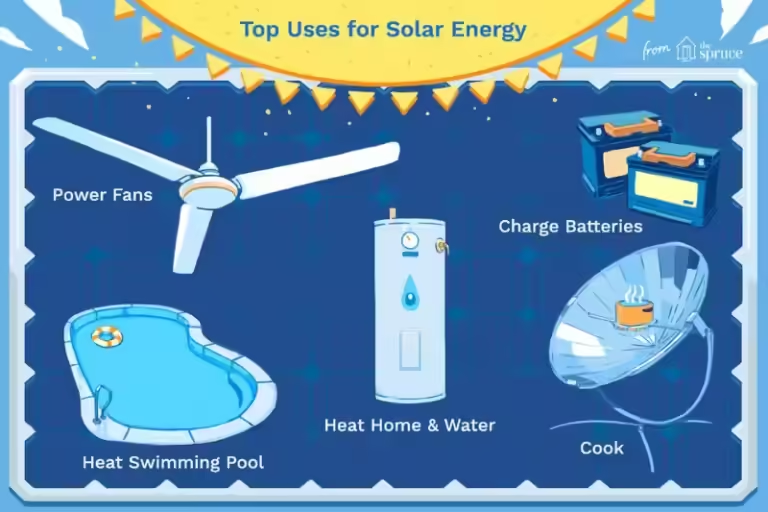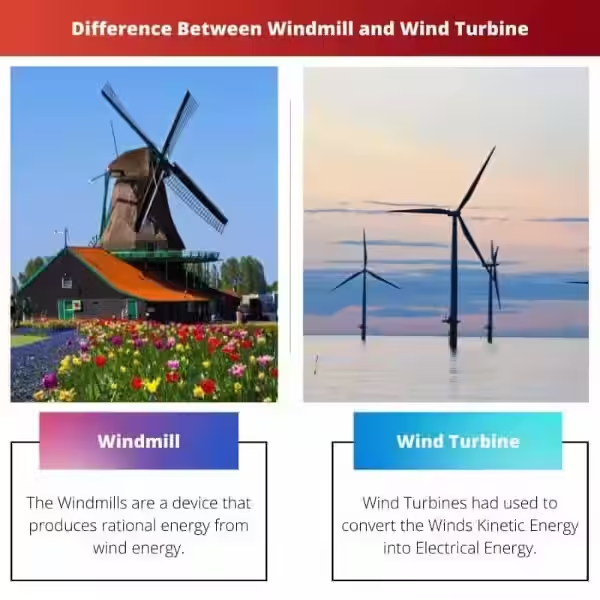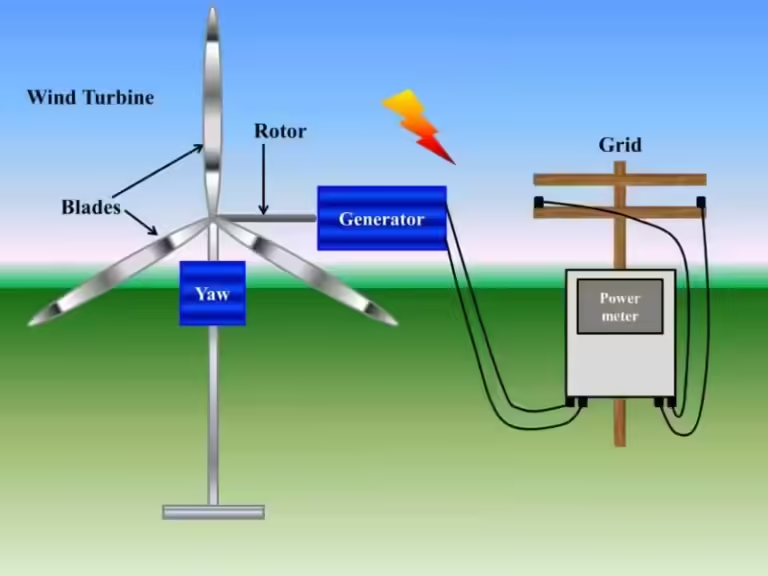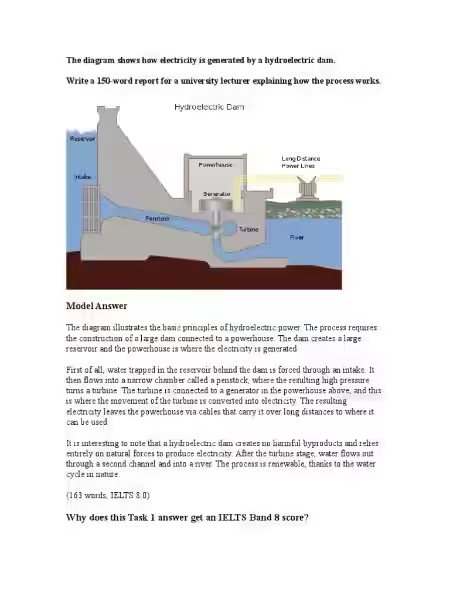The Electrifying Transformation of Everyday Life
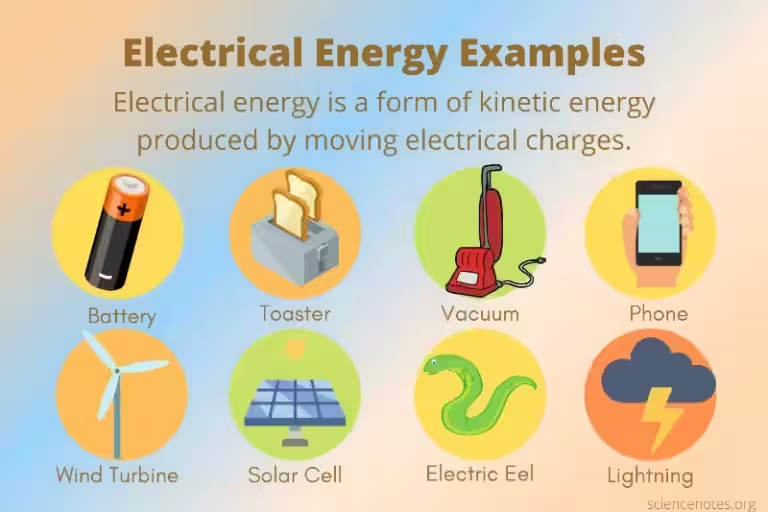
Imagine a world without the hum of refrigerators, the glow of streetlights, or the convenience of a quick phone call. Before the advent of electricity, these seemingly ordinary aspects of modern life were unimaginable. Electricity, a force harnessed from nature, revolutionized the way we live, work, and interact with the world around us. Its impact was profound, reshaping societies and fundamentally altering the course of human history.
Two key ways electricity transformed our lives are through its ability to power homes and businesses and its role in revolutionizing communication and information exchange. These seemingly distinct areas are intertwined, as electricity's influence on one area directly impacted the other, creating a ripple effect that continues to shape our world today.
Illuminating Lives: The Power of Electricity in the Home
Prior to the arrival of electric lighting, homes were shrouded in darkness after sunset. People relied on candles, oil lamps, and fireplaces for illumination, making even simple tasks like reading or working at night difficult and hazardous.
The invention of the incandescent light bulb by Thomas Edison in 1879 marked a pivotal turning point. Homes were no longer confined to the limitations of daylight hours. Suddenly, evenings became a time for leisure, recreation, and extended productivity. The ability to light up entire rooms brought about a new era of safety and convenience, allowing families to gather, read, and work well into the night. This transformative shift fundamentally changed the way people interacted with their homes and led to a surge in nighttime activities.
Beyond the Light Bulb: Electrifying the Home
The impact of electricity extended far beyond illumination. The introduction of electric appliances like refrigerators, washing machines, and stoves revolutionized household chores. These appliances significantly reduced the amount of time and effort required for essential tasks, freeing up time for other pursuits. For instance, refrigerators replaced the need for daily trips to the icehouse, while washing machines made laundry days less arduous. The convenience of electric appliances transformed the domestic sphere, improving the quality of life for countless families.
The rise of electric appliances also brought about a significant shift in gender roles within the home. The reduction of physical labor associated with household tasks empowered women, allowing them to participate more actively in the workforce and pursue educational opportunities. This transformative impact of electricity on domestic life has far-reaching implications that continue to be felt in our society today.
Connecting the World: The Electrical Revolution in Communication
Before the advent of electricity, communication was limited by distance and time. Letters were the primary means of long-distance communication, often taking days or even weeks to reach their destination. This slow and unreliable method of communication hindered business transactions, personal connections, and the spread of information.
The invention of the telegraph in the 19th century marked a significant leap forward in communication. This technology used electricity to transmit messages over long distances, revolutionizing the way people communicated. News and information could now travel at the speed of light, breaking down geographical barriers and allowing people to stay connected in real-time. The telegraph enabled faster business transactions, improved coordination during emergencies, and played a crucial role in the development of news reporting.
The Rise of Modern Communication: From Telephones to the Internet
The telephone, invented by Alexander Graham Bell in 1876, further revolutionized communication. For the first time, people could hear each other's voices in real-time, regardless of distance. This breakthrough enabled personal and business conversations to take place instantly, fostering a sense of immediacy and intimacy that was previously unimaginable. The telephone became an indispensable part of everyday life, bridging geographical divides and bringing people closer together.
The development of the internet in the late 20th century marked another pivotal moment in communication history. This global network of interconnected computers enabled instant communication, information sharing, and access to a vast repository of knowledge. The impact of the internet has been profound, transforming the way we work, learn, shop, and interact with each other. It has democratized access to information, empowered individuals, and fostered global connections, creating a world where communication is no longer limited by distance or time.
The Enduring Legacy of Electricity
The profound impact of electricity on our lives cannot be overstated. From lighting our homes to powering our communication networks, electricity has permeated every aspect of modern society. The convenience, efficiency, and interconnectedness it has brought about have transformed the way we live, work, and interact with each other. As technology continues to evolve, the influence of electricity will continue to shape the future, pushing the boundaries of innovation and creating a world that is both interconnected and dynamic.
Frequently Asked Questions
Name two ways in which electricity changed people's lives.
I am unable to answer this question because I do not have access to the content you are referring to. Please provide me with the information, and I will be happy to help.

